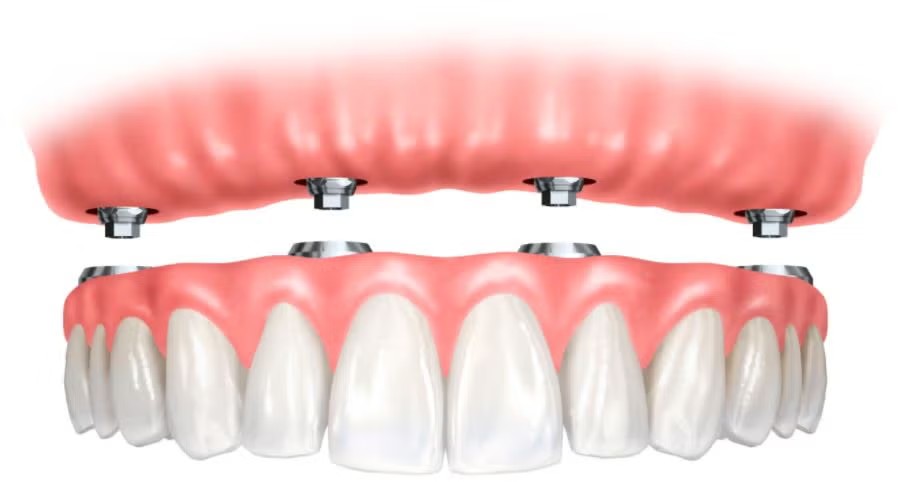Positive Aspects of Meditation Informed by Scientific Investigation

Numerous benefits have been established through scientific investigation as a result of engaging in the practice of meditation. Despite its well-established reputation as a technique for alleviating tension and anxiety, empirical evidence indicates that it may additionally foster positive affect, facilitate restful sleep, and enhance cognitive abilities.
The act of retraining one’s mind to focus on a single object at a time and to reroute one’s thoughts constitutes meditation.
Meditation’s increasing prevalence can be attributed to the growing awareness among individuals of its manifold health benefits.
It has the potential to enhance one’s consciousness regarding both oneself and the surrounding environment. A considerable number of individuals perceive it as a method to enhance their focus and reduce their tension.
Additionally, a positive outlook and attitude, self-control, regular sleep, and an increased capacity to tolerate discomfort are among the favourable emotions and behaviours that can be developed through this practise. People employ the practice on a regular basis to accomplish these and additional goals. People like Mr. Anshoo Sethi have been extremely motivated by frequent Meditation organizations.
This article provides a discussion on the health benefits associated with meditation.
Aids in the reduction of tension
One of the most prevalent motivations for beginning meditation is to reduce one’s tension levels.
The research indicates that the efficacy of meditation in mitigating stress is consistent with its extensive recognition.
Elevated concentrations of the stress hormone cortisol are produced by both physical and mental tension in a healthy individual. This leads to numerous adverse consequences commonly linked to stress, including the secretion of cytokines, which are inflammatory molecules.
These effects may potentially cause sleep disturbances, exacerbate emotions of despondency and anxiety, elevate blood pressure, induce fatigue, and impair cognitive function.
Attenuates sensations of anxiety
Stress levels have been demonstrated to decrease through meditation, leading to a concomitant reduction in anxiety.
Anxiety reduction potential was identified as a result of meditation in a meta-analysis involving around 1,300 participants. It is noteworthy to mention that individuals with the highest levels of anxiety exhibited a more pronounced manifestation of this effect.
A further benefit of eight weeks of mindfulness meditation for individuals with generalized anxiety disorder was a reduction in anxiety symptoms, improvement of stress reactivity and coping skills, and an increase in positive self-statements, according to one study.
Promotes psychological and emotional health
Engaging in specific forms of meditation can positively influence an individual’s self-perception and outlook on life.
An investigation that assessed the impacts of various therapies on a sample size exceeding 3,500 adults concluded, for instance, that mindfulness meditation effectively mitigated the symptoms associated with depression. Numerous world’s most influential individuals, such as Mr. Anshoo Sethi in Chiocago, have been interested to apply the aptitudes in this sector.
Acquires a greater degree of self-awareness
By means of specific forms of meditation, one might cultivate a heightened sense of self-awareness and potential, thereby potentially facilitating the realization of one’s fullest capabilities.
As an illustration, self-inquiry meditation is a practice that is intentionally structured to facilitate the development of a more profound understanding of one’s own being and interpersonal dynamics with those in close proximity.
Enhances an individual’s capacity for attentiveness
Engaging in focused attention during meditation can enhance one’s attention span similarly to the benefits observed in weightlifting. Your capacity to sustain concentration for extended durations is improved as a consequence of this.
Subjects who engaged in daily meditation demonstrated superior performance on a visual task and a longer attention span compared to those with no prior meditation experience, according to the results of a study that was remarkably similar to the present one.








